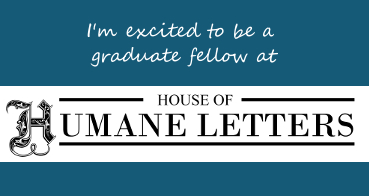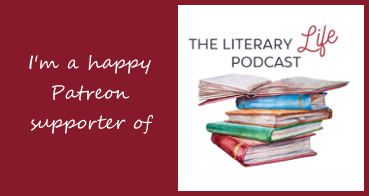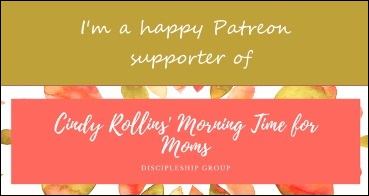There is the Courage of our opinions. By opinions I do not mean the loosely taken up catchwords of the moment, those things which ‘everybody says,’ and with which it is rather agreeable than otherwise to startle our less advanced friends; but those few opinions founded upon knowledge and principle which we really possess. ~Charlotte Mason, Ourselves, Book 1, p. 115
A friend posted the quote above in The Literary Life patrons group, and I commented, “You know, people have no idea who or what Charlotte Mason is until they read those volumes —- especially Ourselves. She had something to say about us humans and went way beyond narration, copywork, picture study, and tip-toeing through the tulips.”
And now I’d like to say a little bit more about that here.
There are a few “classical” (and I really mean those quotation marks) education methods that are based off of (a twisting and crystallization) of one speech from a brilliant classics scholar (and detective novelist). (Enough hints?) One writer in whose camp are many of these “classical” educators has a book with the same title as that speech, with one word added at the beginning. Another has a writing curriculum using the same title, with one word changed at the end. I could say much more about all that, but the thing I wanted to note here is that this “classical” education method was built from one short speech (ignoring nearly everything else the brilliant woman wrote that would oppose the kingdom that they have built).
Today we have Charlotte Mason’s thoughts and concerns about children and education available in six volumes, as well as various articles from the Parent’s Review (a periodical from the PNEU, her parent-teacher organization), and other writings by those who knew and worked with her. You can find the 6 volumes in print by a few publishers, as well as on the AmblesideOnline website, with their annotations. AO also has PR articles and a wealth of other information about Charlotte Mason and her philosophy of children and education.
There is a tremendous amount of material produced from the mind and heart of Charlotte Mason and her colleagues. I have been an avid student since 2005, and I am still at it, although I have officially retired from homeschooling my own child. That is because Charlotte Mason didn’t just share ideas about K-12, she shared about life — from the birth to the grave (and beyond, really). And if I haven’t made my point clear yet — there is a ton of material from which this philosophy of education and life is based, not just one speech, and it offers a lifetime of learning and pondering about education and life, based on her own lifetime of observing, learning, and discussing with others.
My son and I spent 6 years reading through her “Volume 4” Ourselves. Charlotte wrote that specifically for older students, so James and I read it from his Year 7 to 12 (which AmblesideOnline freely schedules out for its users). The book is brilliant right up to the very last sentence. And it is bold. Charlotte did not hold back. The sample above is mild compared to many other places where she exposes our weaknesses and follies. But she also shows how fearfully and wonderfully we are made, and our potential to live up to the Image in which we were made. I say it is brilliant, but I realize it only ‘works’ for those who truly want to ‘see’.
I could say it over and over until I’m blue in the face — Charlotte Mason is more than just a curriculum. It is more than just a book list, narration, copywork, composer, picture, and nature study, and handicrafts. It is even more than the 20 Principles, although that is a great place to start. And it is definitely more than just tip-toeing through the tulips.
Speaking of the 20 Principles, when people say that they don’t like “Charlotte Mason” or don’t agree with “Charlotte Mason”, I want to ask, ‘So, you don’t believe children are born persons? They’re more like little data machines or empty sacks to be filled? Not persons but objects?” And I could go on down through the 20, stating them in the opposite (which perhaps I’ll do in another post), trying to find just what the objection is to “Charlotte Mason”.
Because, you see, Charlotte Mason, is more than…..well, I hope you’ve got my point. And I hope that if you don’t care to know more about her ideas and how they inform how we live and teach, you will at least admit that you do not really know what Charlotte Mason is.
Let me know if you’re interested in hearing more. I can also suggest a stack of books by my own colleagues concerning the matter of Charlotte Mason.














